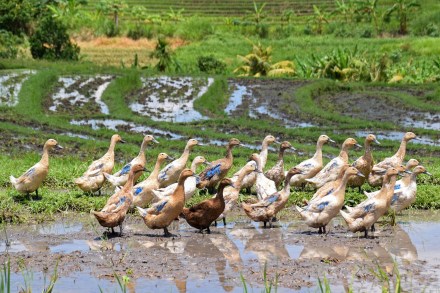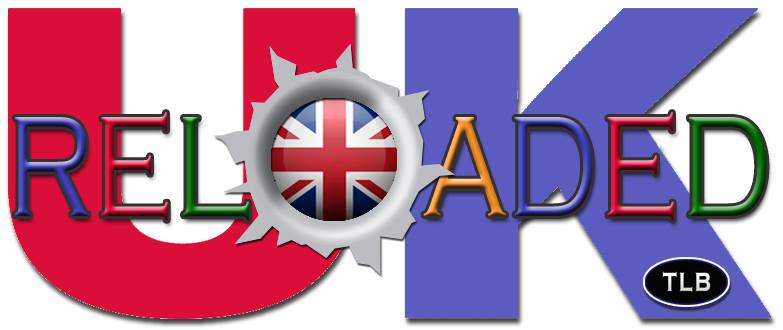
DUCKS, NOT PESTICIDES! AN ANCIENT CHINESE FARMING METHOD IS CATCHING ON WITH FARMERS WORLDWIDE
BY FINO
Rice-duck farming is an integrated organic farming technology especially suitable for resource-poor farmers, enabling them to produce high quality organic rice at a low cost.
INTEGRATED RICE-DUCK FARMING DOCUMENTED IN CHINA SOME 600 YEARS AGO
Farmers in China, Japan, Iran, Nepal and France are beginning to return to an ancient Chinese method of rice farming, using more ducks and fewer pesticides. As the use of industrial technologies is posing an ever-growing threat to the environment, some farmers are turning to this ancient wisdom to produce an environmentally sound and highly sought after commodity.
THE SYMBIOTIC RELATIONSHIP BETWEEN RICE AND DUCKS YIELDS MUTUAL BENEFITS TO BOTH
Integrated rice-duck farming system (IRDFS) is one of the main practices in traditional Chinese agriculture. IRDFS has shown positive effects on rice growth; insect, disease and weed control; and paddy biodiversity and surrounding environment.
Evidence from various countries including Japan, Bangladesh, Philippines, and Vietnam has shown the integration of ducks into rice fields as a successful and productive farming technology.
The technology has proven to be beneficial in terms of providing social, economic and environmental benefits. In this type of farming technology, ducks are released in the field after 10-20 days of rice transplantation, until the time of flowering. The integration of ducks in rice field creates a symbiotic relationship between rice and ducks, yielding the following mutual benefits to both entities:
- Ducks eat harmful insects and weeds, thus averting the use of chemical pesticides and manual weeding in the rice field
- Ducks get a nutritious diet from eating insects and weeds in rice field
- The duck droppings act as a 100% natural fertiliser to the rice crop, preventing the need of chemical fertilisers
- The continuous movement of ducks in the rice field provides natural stimulation and aeration which increases the availability of nutrients like Nitrogen, Phosphorous and Potash to the rice crop
- Rice-duck technology causes the reduction of emissions of methane gas from rice fields, contributing to a reduction in climate change

The birds do not eat the rice plants, only the weeds The only disadvantage (for the ducks) is that after a season of eating the weeds, the ducks need to be slaughtered for meat. They get too fat and begin to harm the plants. The farmer needs to change ducks every rice season. Source: Pixabay/Kolibri5
The above article comes from Birthvibes. Please visit Brightvibes for many more contagious, inspiring stories








Leave a Reply